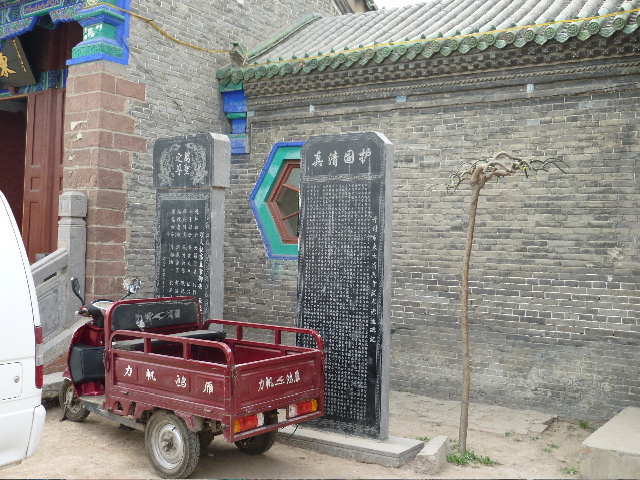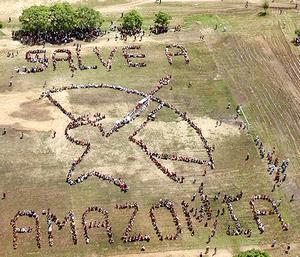Mexico: thousands march against ‘energy reform’
President Peña Nieto’s “reforms” include higher sales taxes, teacher evaluations, loss of labor protections and energy sector privatization. Will opponents be able to unite against the plan?
President Peña Nieto’s “reforms” include higher sales taxes, teacher evaluations, loss of labor protections and energy sector privatization. Will opponents be able to unite against the plan?
US companies are enthusiastic about Peña Nieto’s plan to let them share in the profits from Mexico’s energy sector. Mexicans are getting ready to fight against the giveaway.
As a devastating blast rocked a Pemex plant, Mexico’s president-elect Enrique Peña Nieto told business leaders the private sector will help modernize the state-owned giant.

World oil prices remain depressed despite an uptick this month, driven by the Venezuela crisis and fear of US-China trade war. Yet this month also saw Zimbabwe explode into angry protests over fuel prices. The unrest was sparked when the government doubled prices, in an effort to crack down on "rampant" illegal trading. Simultaneously, long lines at gas stations are reported across Mexico—again due to a crackdown on illegal petrol trafficking. Despite all the talk in recent years about how low oil prices are now permanent (mirrored, of course, in the similar talk 10 years ago about how high prices were permanent), the crises in Zimbabwe and Mexico may be harbingers of a coming global shock. (Photo via Amnesty International)

Turkey's TRT World runs a report recalling the Chontal Maya blockades of the Pemex oil installations in Mexico's southern state of Tabasco in 1996, to protest the pollution of their lands and waters. This is a struggle that is still being waged today by the Chontal of Tabasco, but back in 1996 the figurehead of the movement was Andrés Manuel López Obrador (known as AMLO)—now Mexico's left-populist president-elect. The report asks if AMLO as president will remain true to the indigenous struggle that first put him on Mexico's political map. In a segment exploring this question, TRT World speaks with Melissa Ortiz Massó of the Business and Human Rights Resource Centre and CounterVortex editor Bill Weinberg.